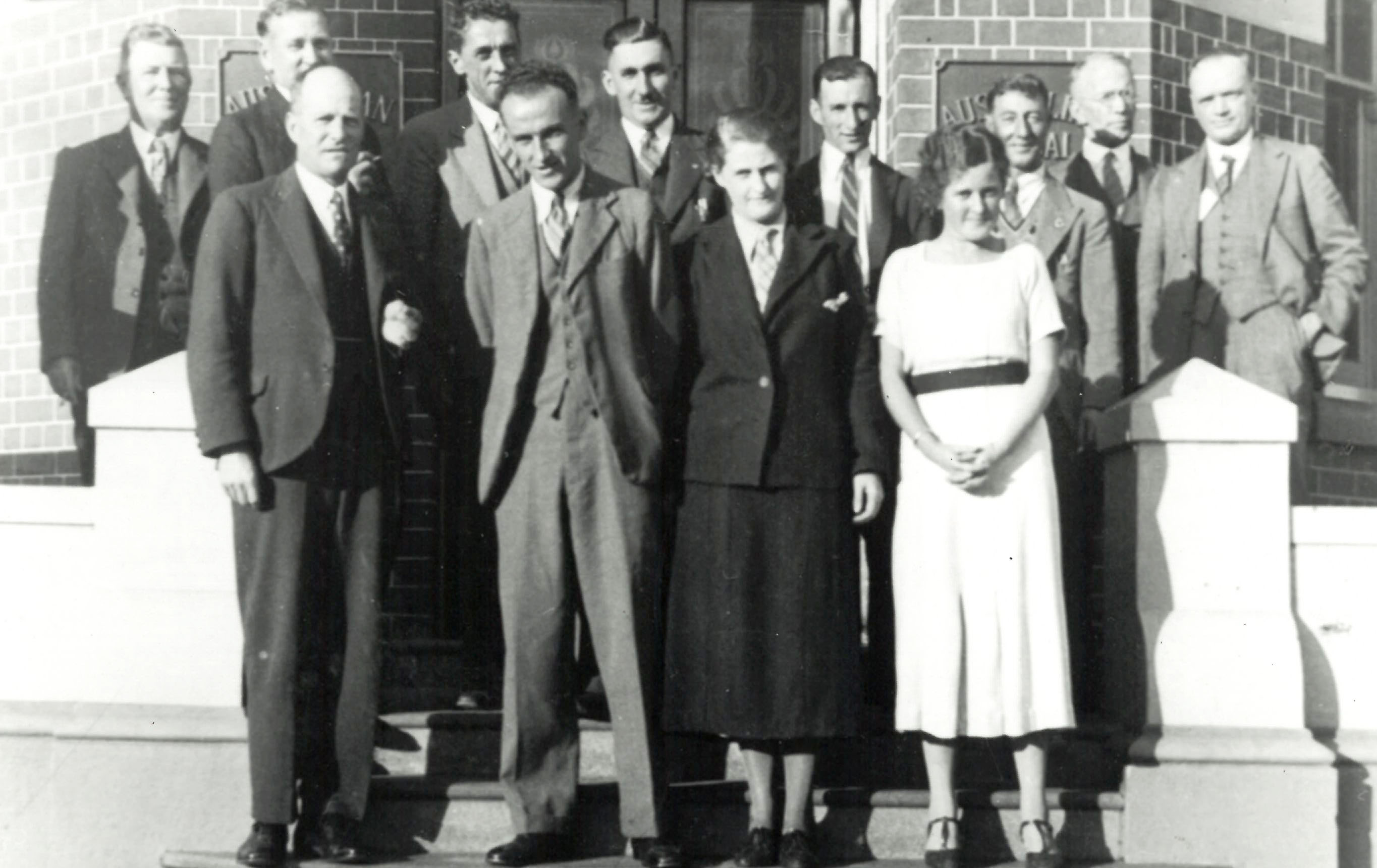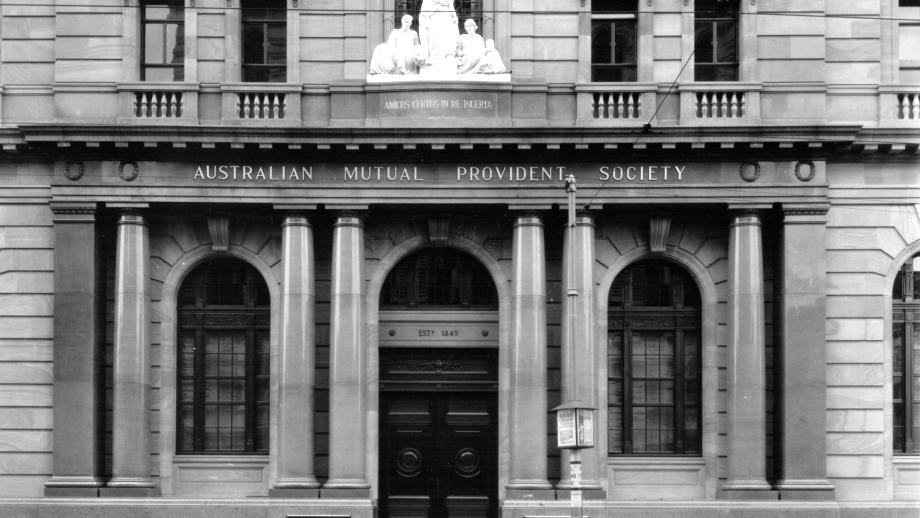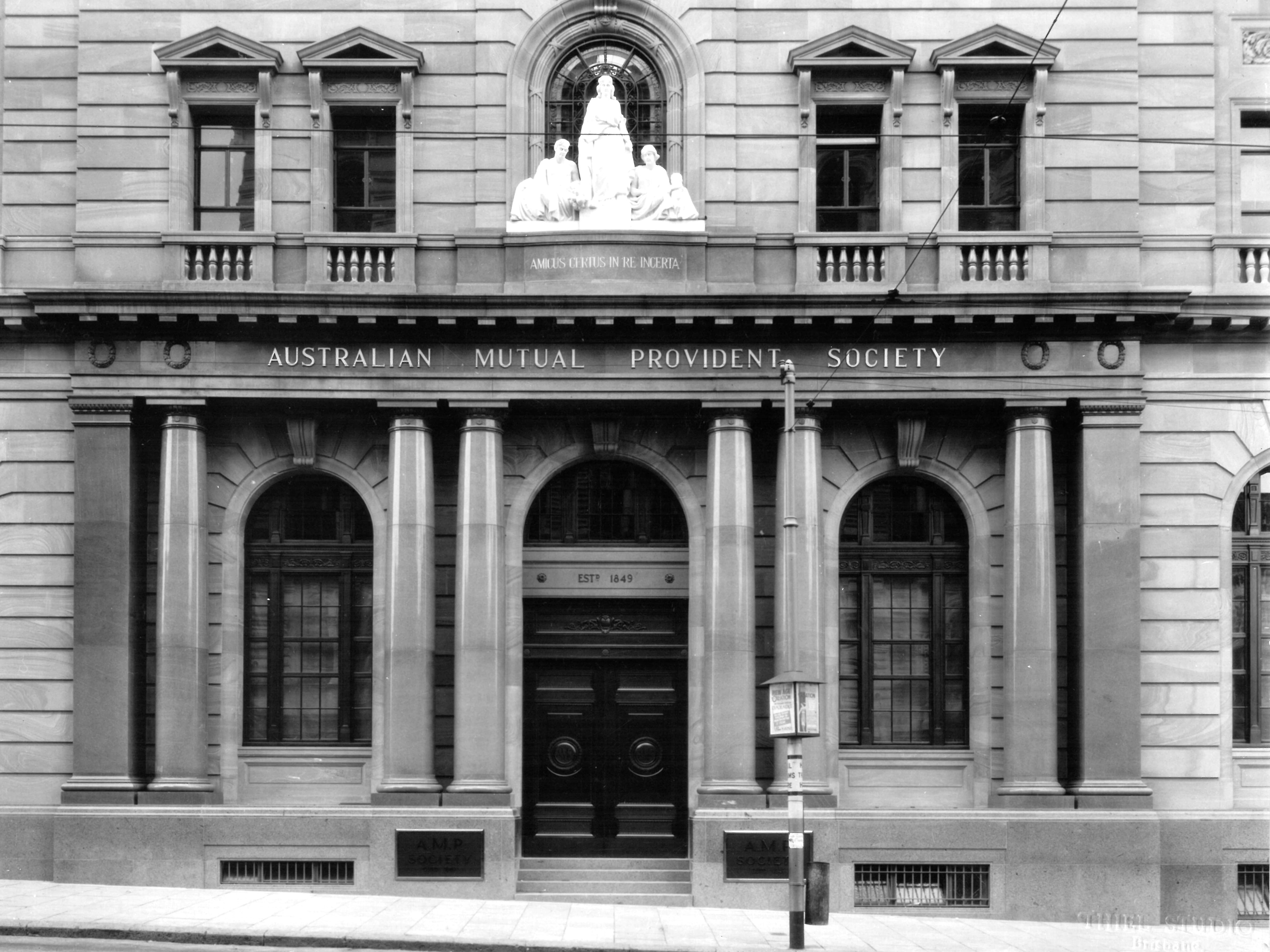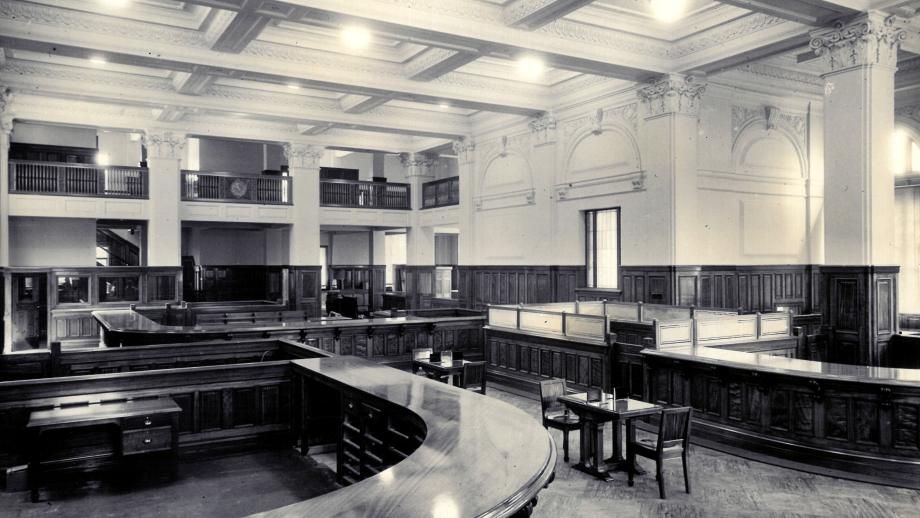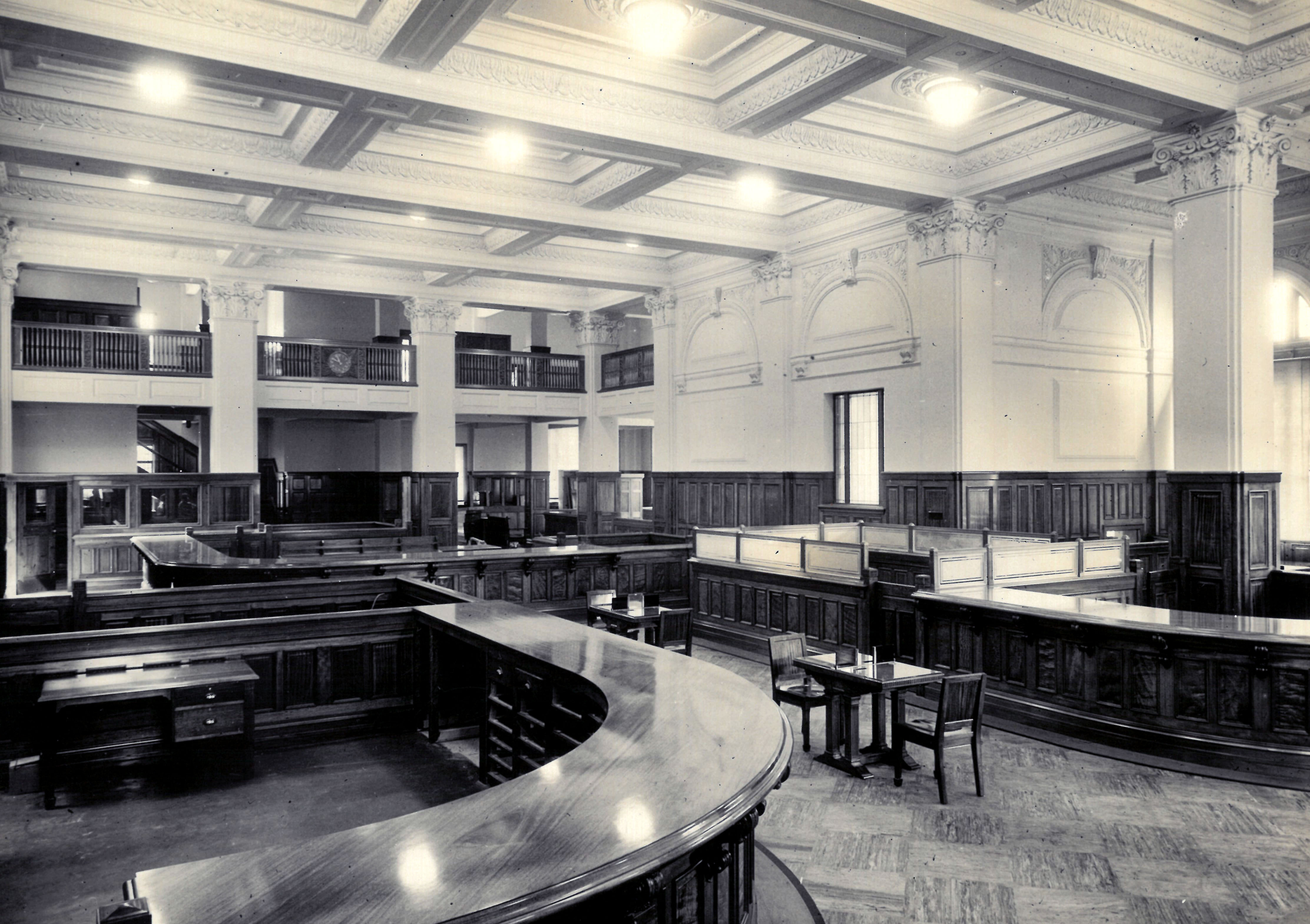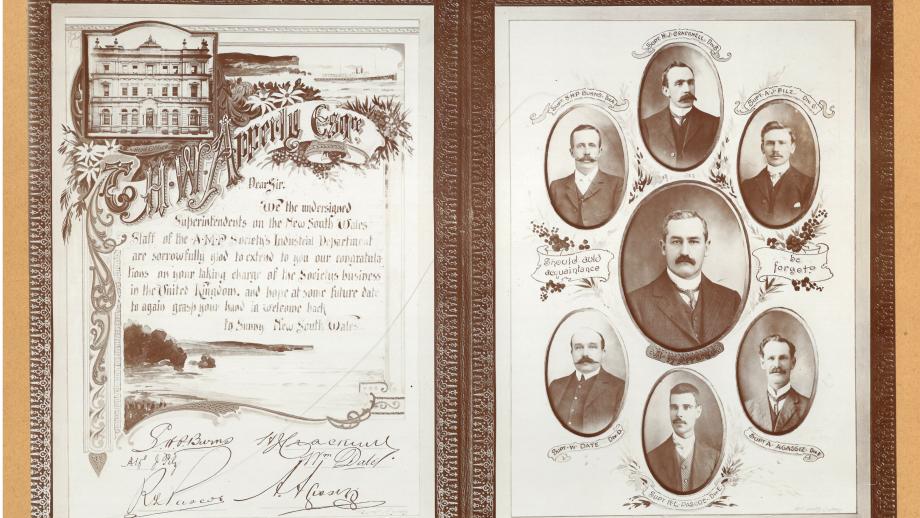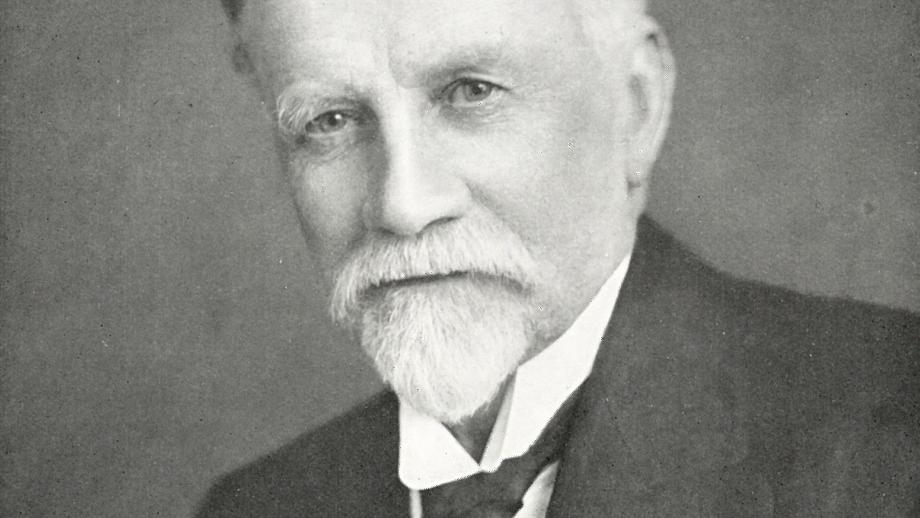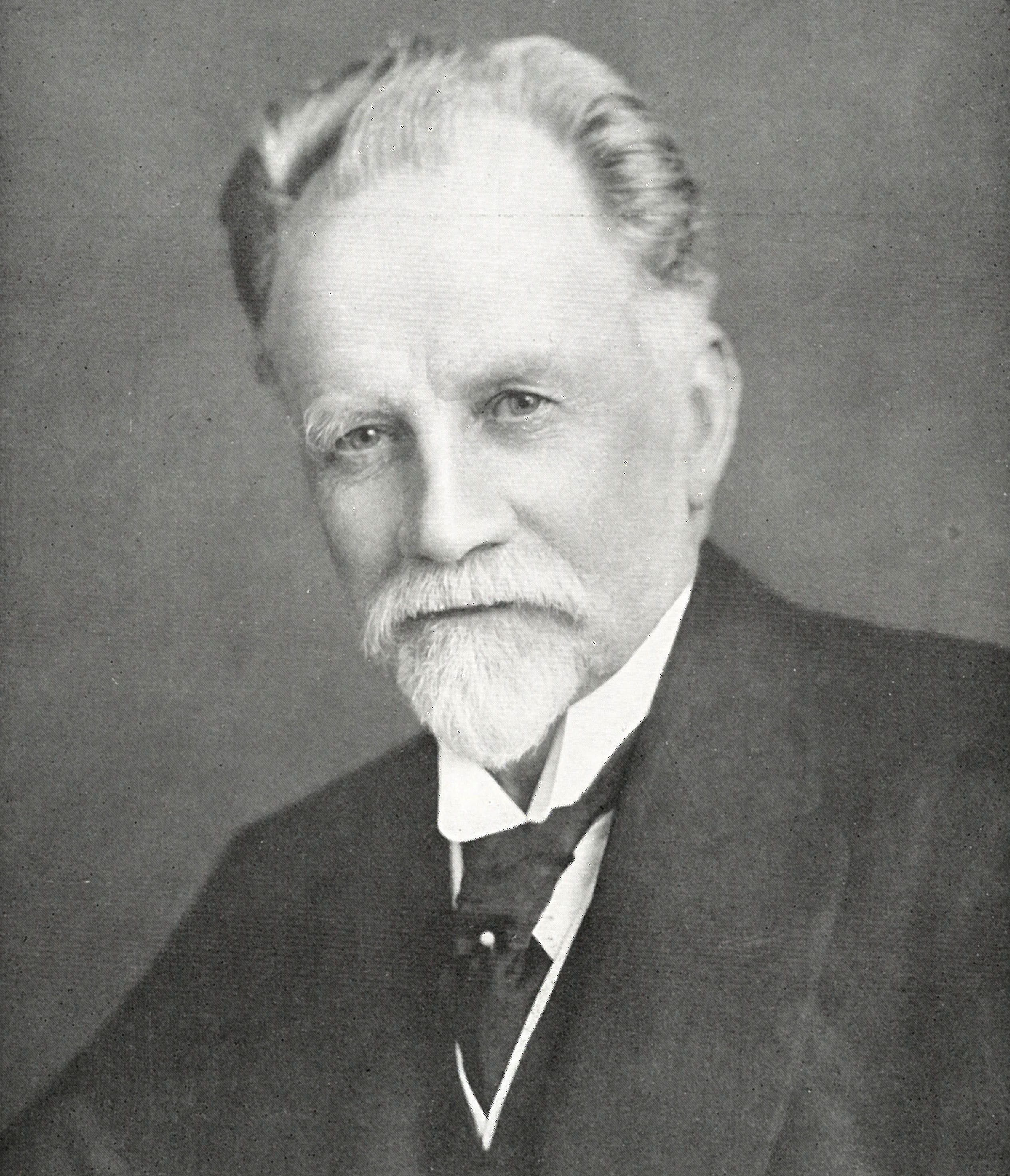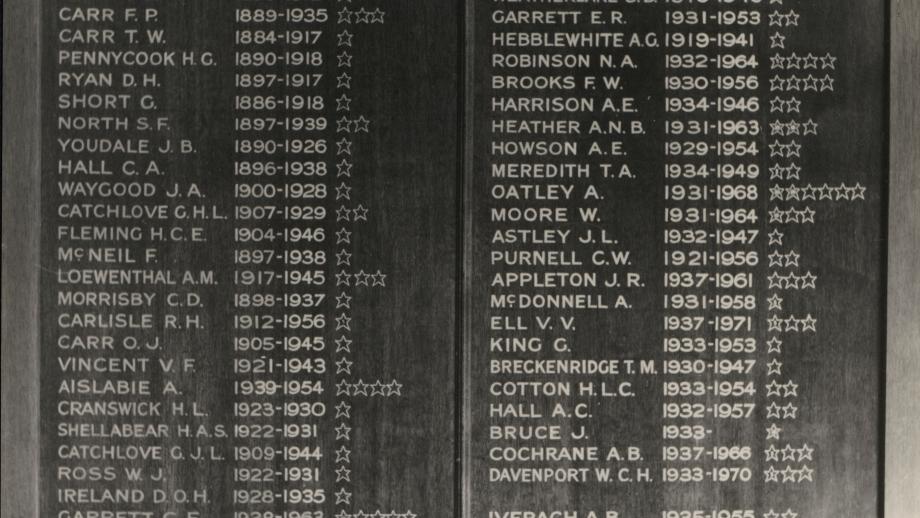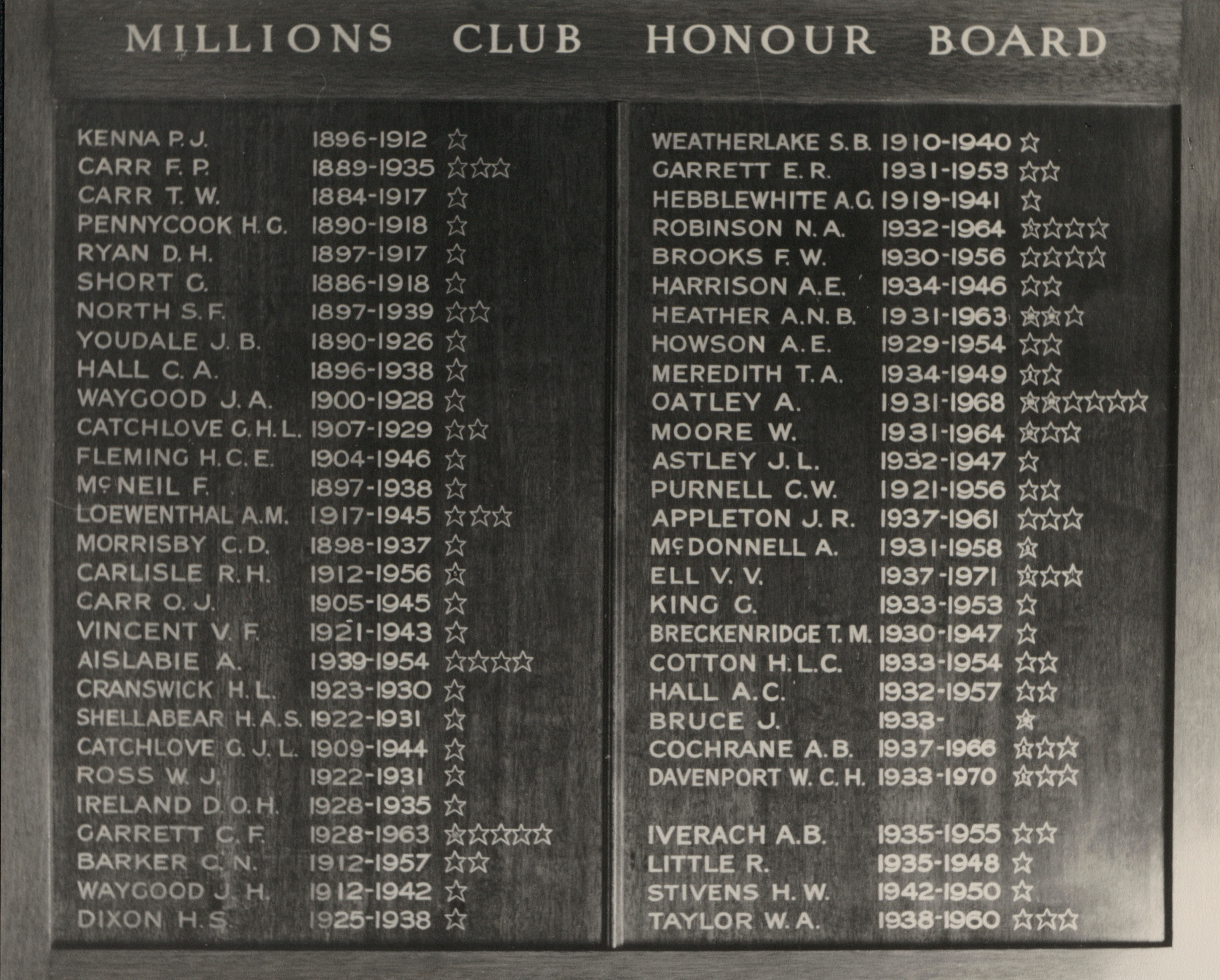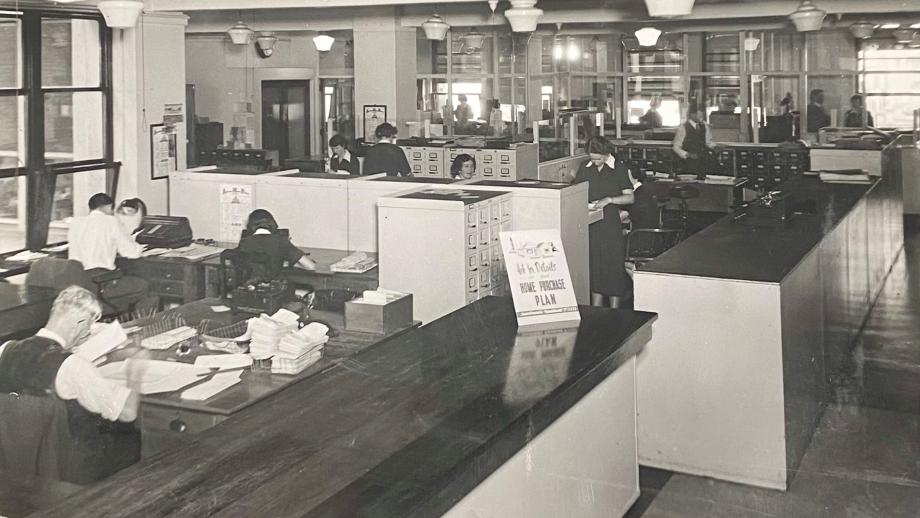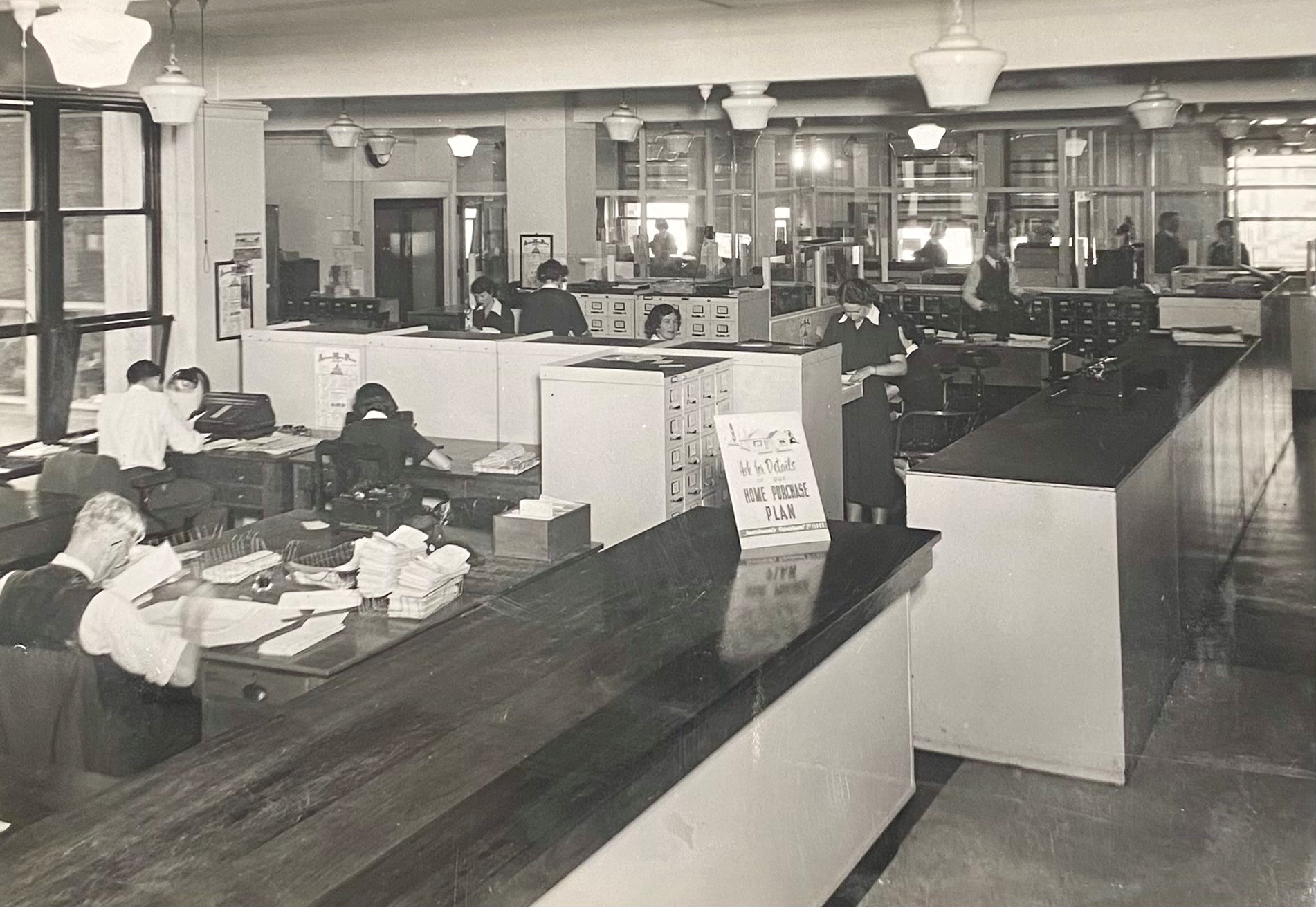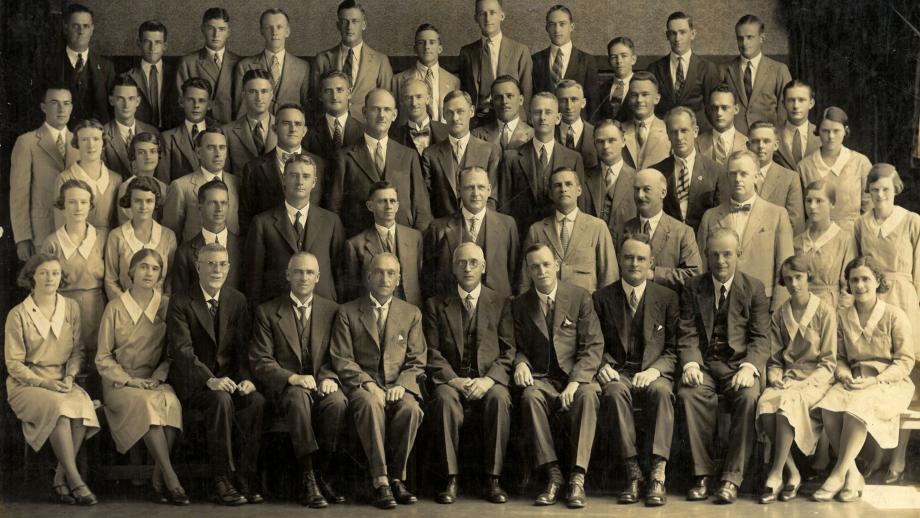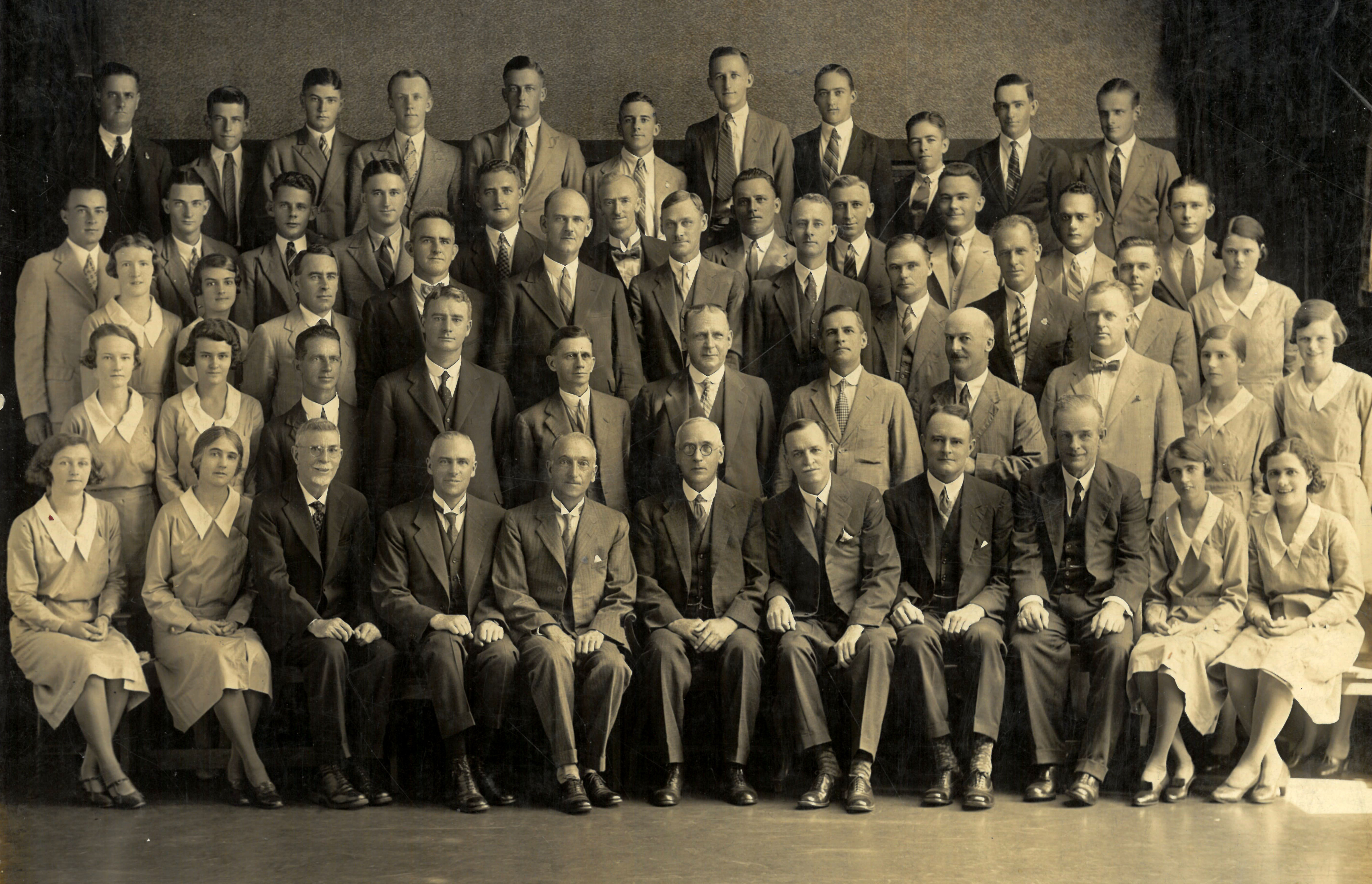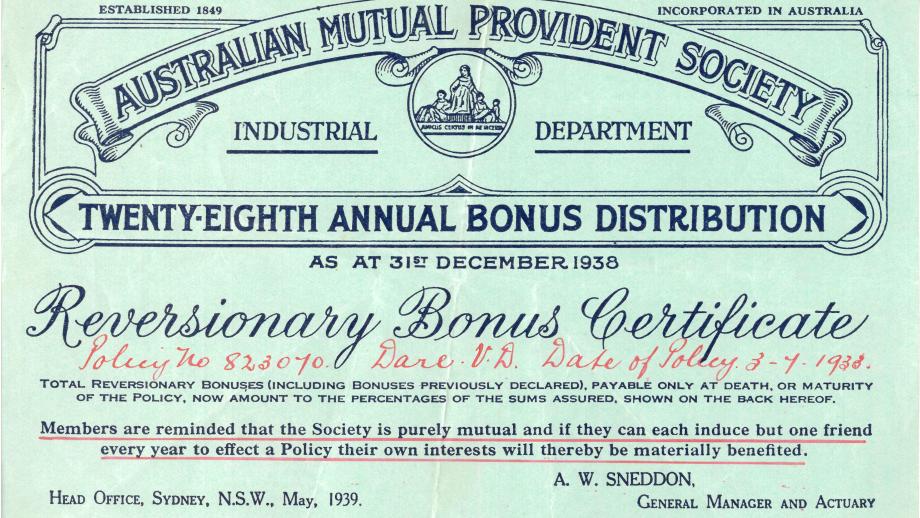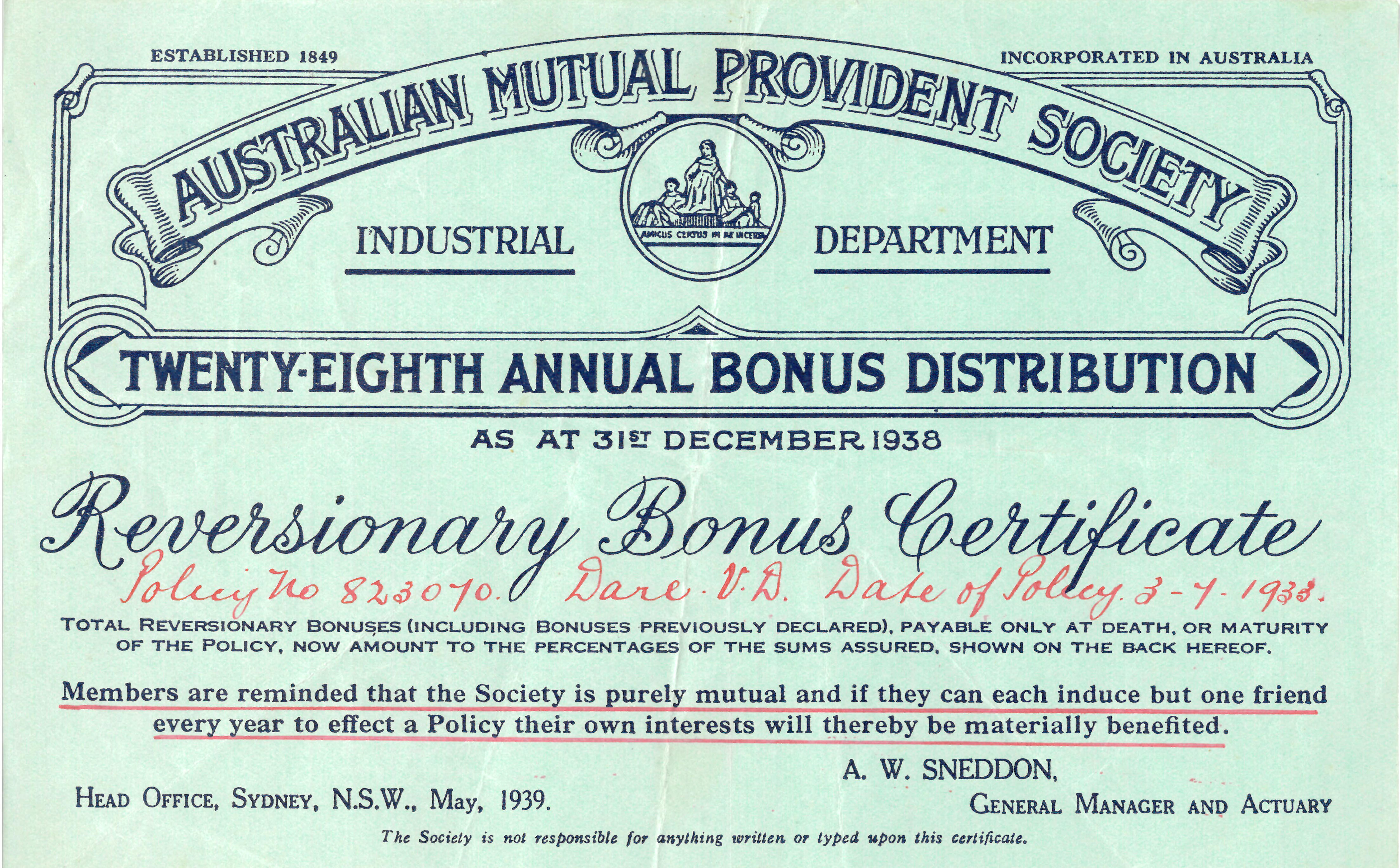The Great Depression and its Aftermath
Not long after The Great War, the world was rocked by another historic event, The Great Depression. The reverberations of this catastrophic crash of share prices on Wall Street in 1929 were felt across the world, including Australia. AMP was not immune from the impacts, as thousands of policyholders became unable to keep up their policy payments. In 1931 alone, policies worth £6.5 million lapsed and AMP was inundated with requests from members for loans on the security of their life policies (Blainey, 1999).
AMP had plans for a grand new office in Brisbane, with the existing office on the corner of Edward and Queen Streets to be demolished and replaced by a large Italian Renaissance style building complete with terrazzo floors, marble columns, and the modern luxury of air conditioning. Given the state of the economy, AMP scaled back its plans, including forgoing the air conditioning, making a saving of £30,000 (Blainey, 1999). Had AMP foreseen how severe and prolonged the Depression would be, they may not have pressed ahead with the building at all. Large numbers of policyholders abandoned their policies, and AMP faced the worst conditions in its history.
Assisting those struggling with the grim economic conditions gripping the country while also ensuring the business remained viable was a delicate balance. AMP instituted several actions – policyholder annual bonuses were reduced; an emergency cash reserve of £2 million was preserved; interest paid on customer mortgages was reduced; penalties for late payments on policies were reduced or waived; and agents’ commission rates were increased (Blainey, 1999).
By the mid-1930s conditions were easing but AMP faced a time of challenge and change for other reasons. Henry Apperly, who had led AMP since 1917, collapsed and died on the train heading home from the office. He was just shy of his 70th birthday. Apperly’s successor was Frederick Bridges, but he was not far from retirement age when he took over as general manager. During Bridge’s short tenure AMP established a New South Wales Branch. The Society’s business in New South Wales had always been managed by the head office, but in 1930 New South Wales was established as its own branch, led by Albert Hollingworth, who just a year later took over the general manager’s role from Bridges.
Within three years the seven member AMP board experienced the death of four members including deputy chairman Alex Jobson and chairman Sir Alfred Meeks. Meeks was an institution at AMP, having served on the board for a staggering 43 years, with 26 of these being as chairman. Meeks’ replacement was Sir Samuel Hordern, head of the well-known Sydney department store Anthony Hordern & Sons.
When Albert Hollingworth stood down as general manager in 1934, he was replaced by Andrew Sneddon, who had started with AMP in 1897 at the age of 17 as a clerk. Sneddon was very well liked by the staff and on his first day in the top job, hundreds of staff lined the foyer of head office cheering and singing ‘For He’s a Jolly Good Fellow’ (Blainey, 1999). Sneddon had a strong background in industrial insurance and a range of fresh ideas, including the establishment of a ‘Millions Club’ recognising agents that sold £1 million + of policies throughout their career. Sneddon saw great opportunities in industrial insurance.
AMP had been at the top of the field for ordinary insurance for many years, but it had never matched its Melbourne-based rival Temperance & General in selling industrial insurance. Victoria was the key battleground, with more policies sold there than anywhere else. AMP took the fight to T&G and succeeded. By 1938, two out of every three industrial agents in Victoria worked for either AMP or T&G, with AMP edging ahead with 497 agents to T&G’s 462 (Blainey, 1999).
Following the Depression AMP recovered well, but the London Office, which had opened in 1908, continued to disappoint. However, while other Australian firms had abandoned the British market, AMP stood firm, perhaps because closing its business there would result in a great loss of face for a company with such a proud history. This would prove to be a wise decision in years to come, with the British arm of AMP becoming an integral part of the business.

